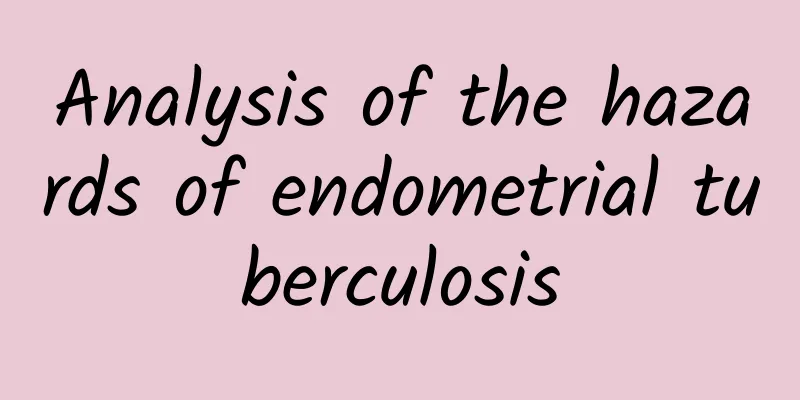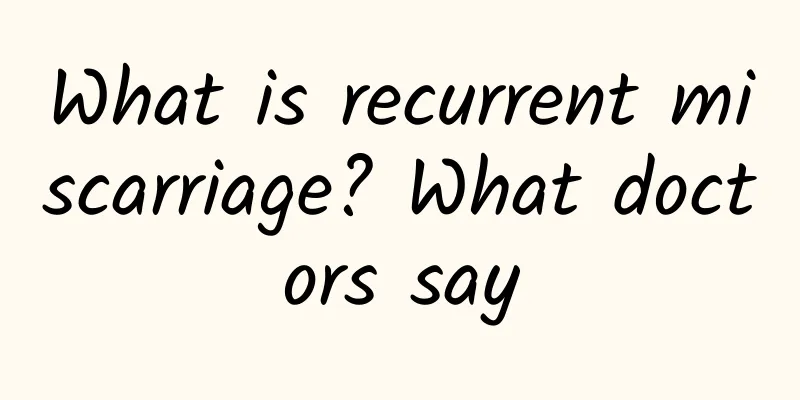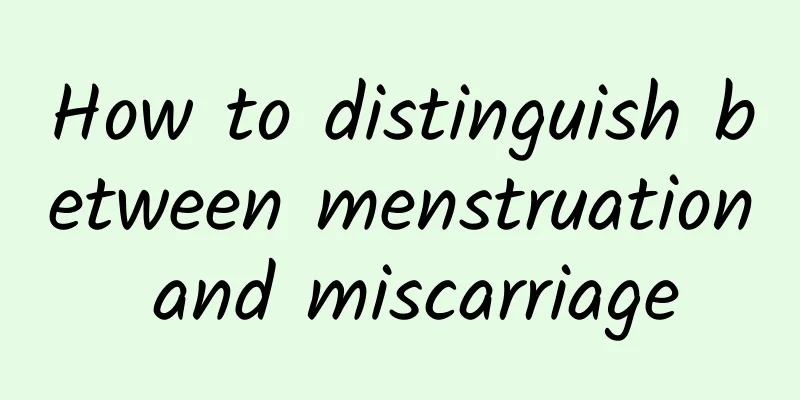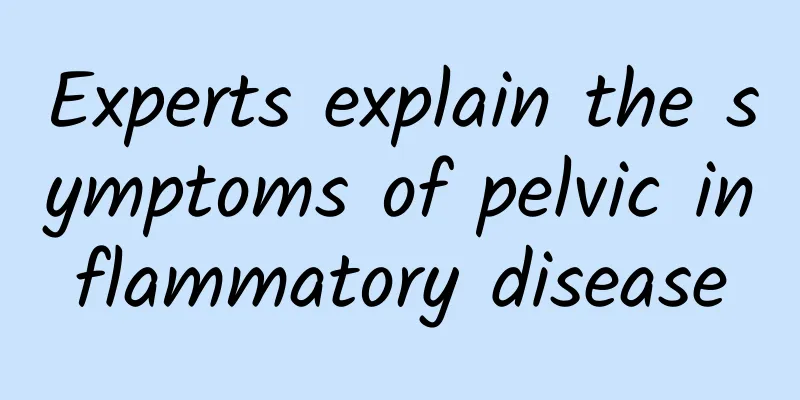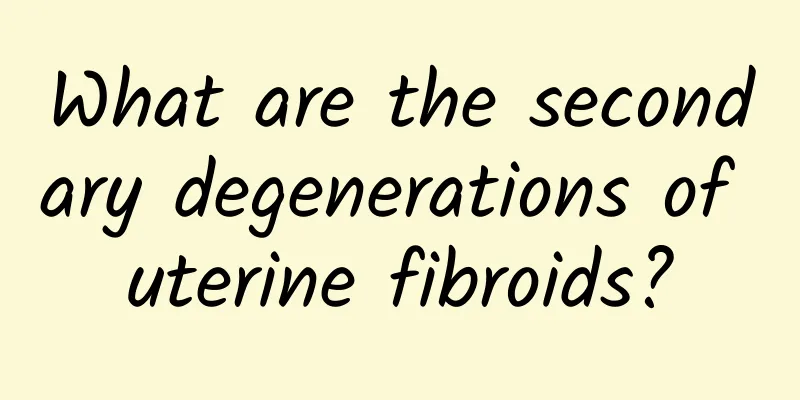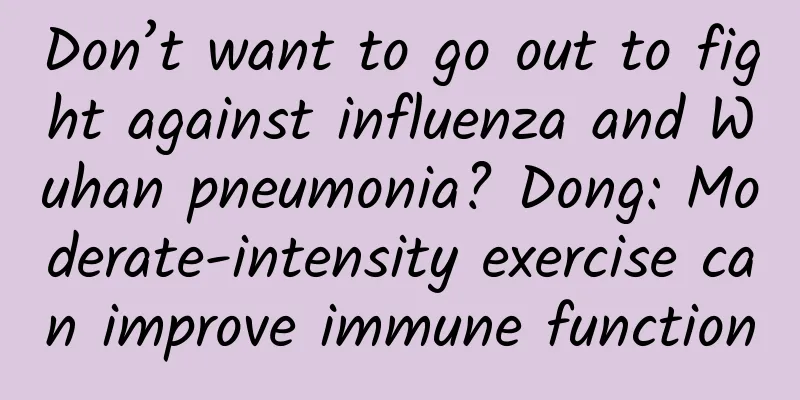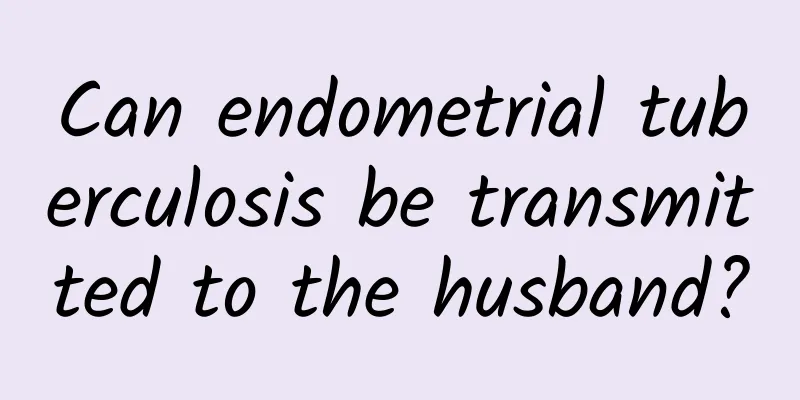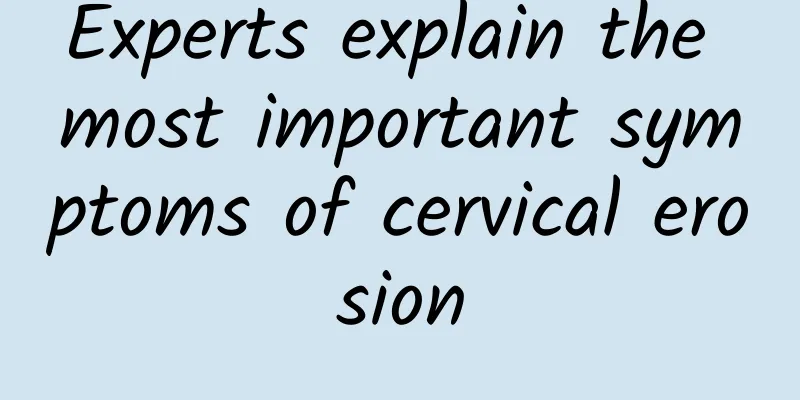What medicine can eliminate right ovarian cyst?
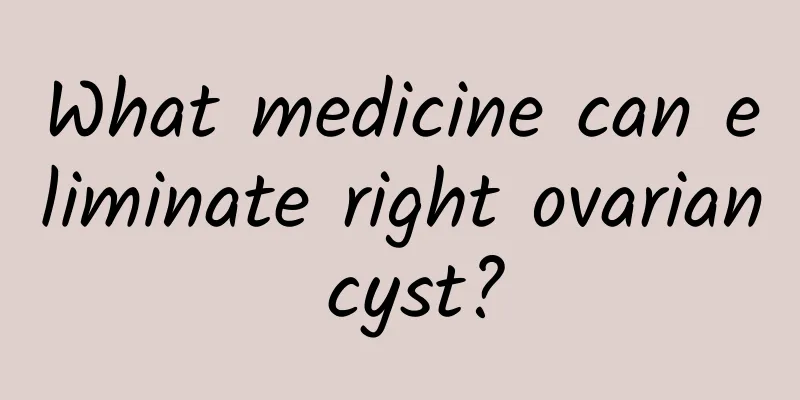
|
It is usually difficult to completely eliminate right ovarian cysts with simple medication. Targeted medications are mainly used to relieve symptoms or inhibit the proliferation of cysts, such as oral hormone drugs, gonadotropin-releasing hormone analogs, etc., but the specific choice of medication must be based on the doctor's advice. Right ovarian cysts can be divided into functional cysts and pathological cysts according to the cause. Most functional cysts (such as corpus luteum cysts and follicular cysts) can shrink or disappear on their own within a few physiological cycles. If the cyst is large or accompanied by symptoms (such as abdominal pain or menstrual disorders), the doctor may recommend the use of contraceptives (such as Diane-35 and Marvelon) to regulate hormone levels, inhibit follicle growth and prevent further enlargement of the cyst. Some pathological cysts (such as cystic teratomas and endometriotic cysts) may require the use of gonadotropin-releasing hormone analogs (such as leuprorelin) to inhibit cyst activity and relieve related pain. For inflammatory cysts, combined antibiotic treatment (such as amoxicillin and cephalosporins) may have a certain relief effect. Hormonal drugs may have side effects such as nausea and body edema, and the effect of the medication should be closely monitored. Right ovarian cysts can be divided into functional cysts and pathological cysts according to the cause. Most functional cysts (such as corpus luteum cysts and follicular cysts) can shrink or disappear on their own within a few physiological cycles. If the cyst is large or accompanied by symptoms (such as abdominal pain or menstrual disorders), the doctor may recommend the use of contraceptives (such as Diane-35 and Marvelon) to regulate hormone levels, inhibit follicle growth and prevent further enlargement of the cyst. Some pathological cysts (such as cystic teratomas and endometriotic cysts) may require the use of gonadotropin-releasing hormone analogs (such as leuprorelin) to inhibit cyst activity and relieve related pain. For inflammatory cysts, combined antibiotic treatment (such as amoxicillin and cephalosporins) may have a certain relief effect. Hormonal drugs may have side effects such as nausea and body edema, and the effect of the medication should be closely monitored. In addition to drug treatment, diet and lifestyle can help cysts recover. It is recommended to consume foods rich in vitamins (such as spinach and carrots) and nuts to supplement unsaturated fatty acids, and avoid high-sugar and high-fat diets. Maintaining a regular schedule and moderate exercise can help maintain hormone balance in the body. At the same time, if the cyst is accompanied by persistent pain or rapid enlargement, you need to seek medical attention immediately to avoid acute complications such as ovarian torsion and rupture. |
<<: How to treat cervical adhesion after abortion
>>: How long does it take to treat mild cervical hypertrophy?
Recommend
A famous doctor lost weight to prevent the epidemic and lost 15 kilograms in 4 months! Precision medicine helps you lose weight without gaining weight again, and 5 tips to lose weight and gain muscle
Some people try every possible way to lose weight...
What are the treatments for vulvar itching?
For the disease of vulvar itching, it is necessar...
How to prevent severe cervical erosion
How to prevent severe cervical erosion? 1. Women&...
Excessive intake of ultra-processed foods may cause obesity, cancer, and cognitive decline! What are ultra-processed foods?
Ultra-processed foods (UPF) are foods that have g...
What are the common symptoms of uterine fibroids?
What are the common symptoms of uterine fibroids?...
What should be paid attention to in preventing pelvic peritonitis after childbirth
Pelvic peritonitis is a common gynecological dise...
Three major types of ovarian cyst patients
Ovarian cyst patients can be divided into physiol...
Is it difficult to lose weight even with exercise? Zhao Hanying: Drinking water before, during and after makes a big difference
Can’t get rid of excess fat? Modern people pay at...
What is the cause of cervical erosion 2nd degree? 5 short words about cervical erosion 2nd degree medical definition
Cervical erosion is a common gynecological diseas...
[Submission of Song Rhymes for the Plate Voice] Earn healthy income and win prizes! The National Health Administration invites you to sing about my plate and balanced diet
The Chinese are currently facing the problem of u...
Matcha glutinous rice balls 94 crazy! Low-calorie "bursting" matcha sesame glutinous rice balls are so awesome!
Matcha lovers, look here! There has been a matcha...
Causes of abnormal increase in leucorrhea in girls
Abnormal increase in vaginal discharge in girls m...
How to regulate irregular menstruation for women? TCM methods to quickly regulate your menstruation
Irregular menstruation is a common disease among ...
What are the dangers of pelvic inflammatory disease in women?
What are the hazards of female pelvic inflammator...
Common early symptoms of cervicitis
Cervicitis is a common disease among women. There...
